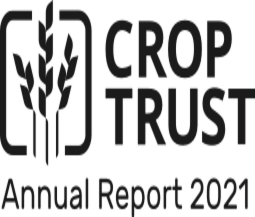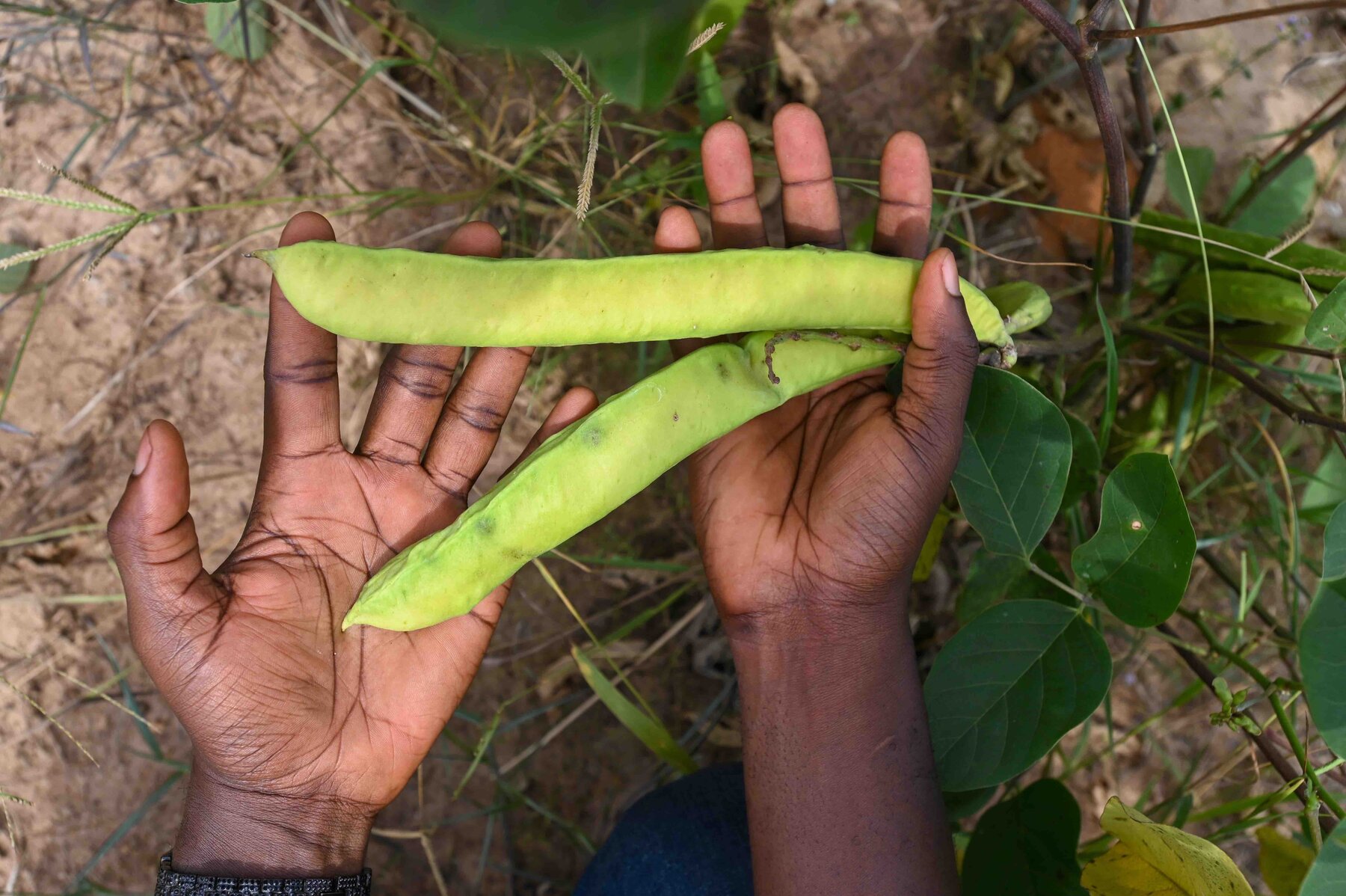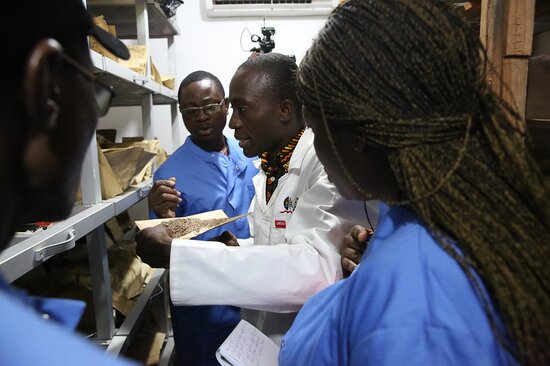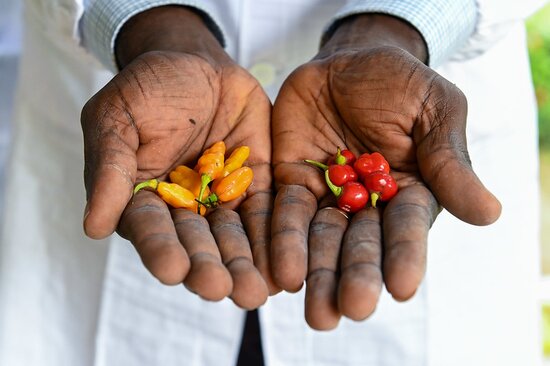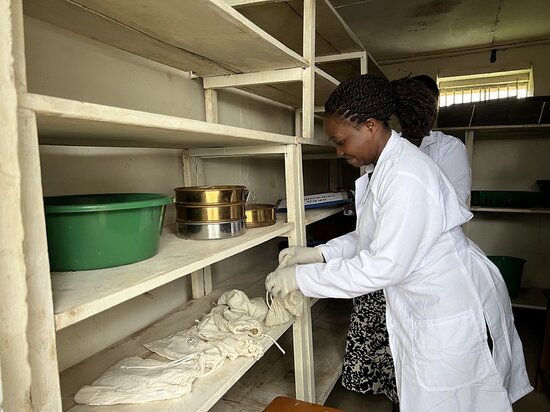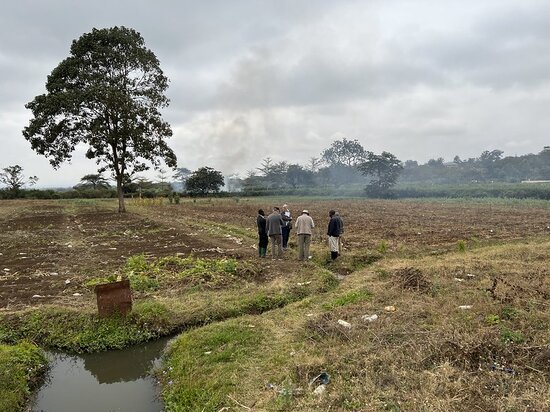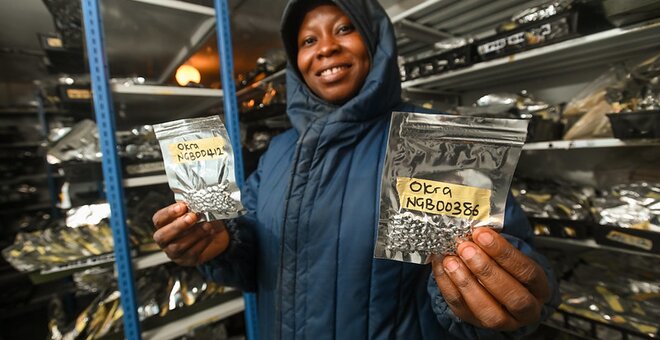BOLDER: Building Opportunities for Lesser-known Diversity in Edible Resources
Launched at the COP28 in Dubai, BOLDER is an addition to the BOLD project that will support food and nutrition security across Africa. It is generously funded by the Norwegian Government with USD 22.4 million until 2030.
BOLDER will work with multiple partners across four African countries to enhance the conservation, production and consumption of crops that are nutritious, robust, environment-friendly, and important for local communities but have been comparatively ignored by research and development. Often called neglected and underutilized species (NUS) or orphan crops, examples include millets, grasspea, Bambara groundnut and an array of traditional African leafy vegetables. NUS can help reduce pests and diseases in farming systems, yield more reliable harvests even in unpredictable climatic conditions, increase soil fertility, prevent soil erosion, and suppress weed growth.
BOLDER is aligned with the Vision for Adapted Crops and Soils (VACS) movement, launched in February 2023, through collaboration between the U.S. Department of State, the African Union (AU) and the Food and Agriculture Organization (FAO). The VACS movement seeks to use diverse, nutritious and climate resilient crops for more sustainable and healthy food systems.
In response to the growing and interrelated threats of climate change and malnutrition across Africa, the project will be rolled out in Benin, Ghana, Tanzania and Uganda. Throughout 2024, the Crop Trust and its partners will work closely with local stakeholders in each country to prioritize species that best fit farmers’ needs in different regions. This work will increase communities’ access to foods with high nutritional value and bolster efforts to develop and climate-proof agriculture.
BOLDER will be a collaborative effort, partnering with the Norwegian University of Life Sciences (NMBU), the International Plant Treaty, Consultative Group on International Agricultural Research (CGIAR), the World Vegetable Center, National Agricultural Research Systems (NARS), universities, NGOs, farmer households and the private sector.
